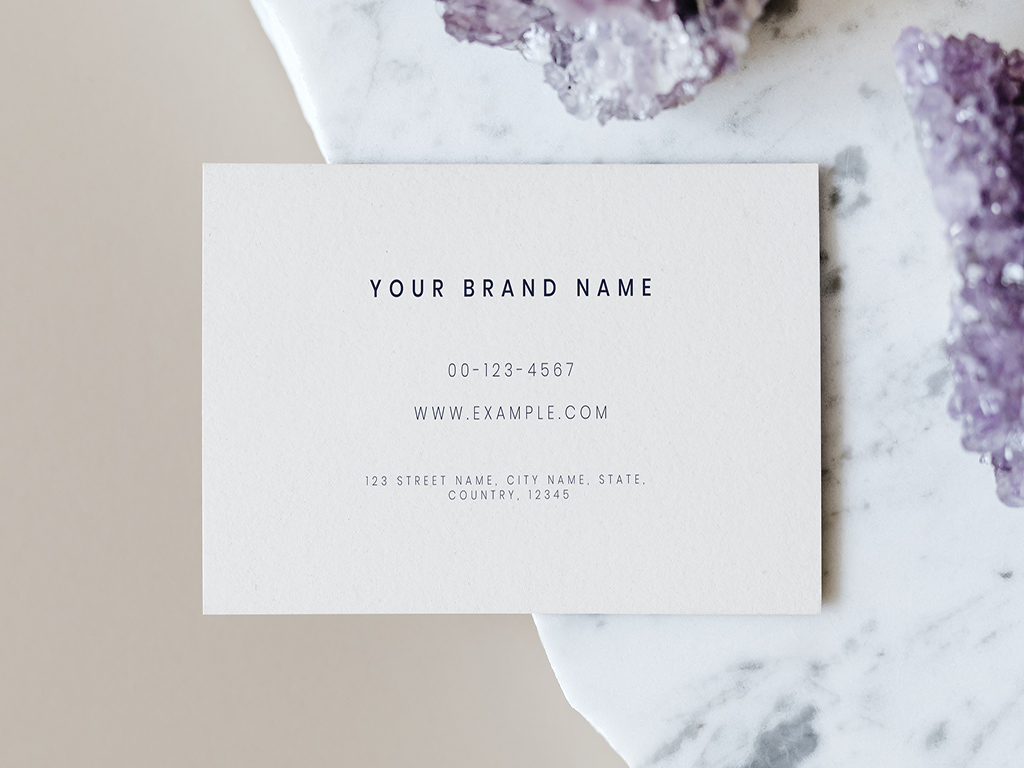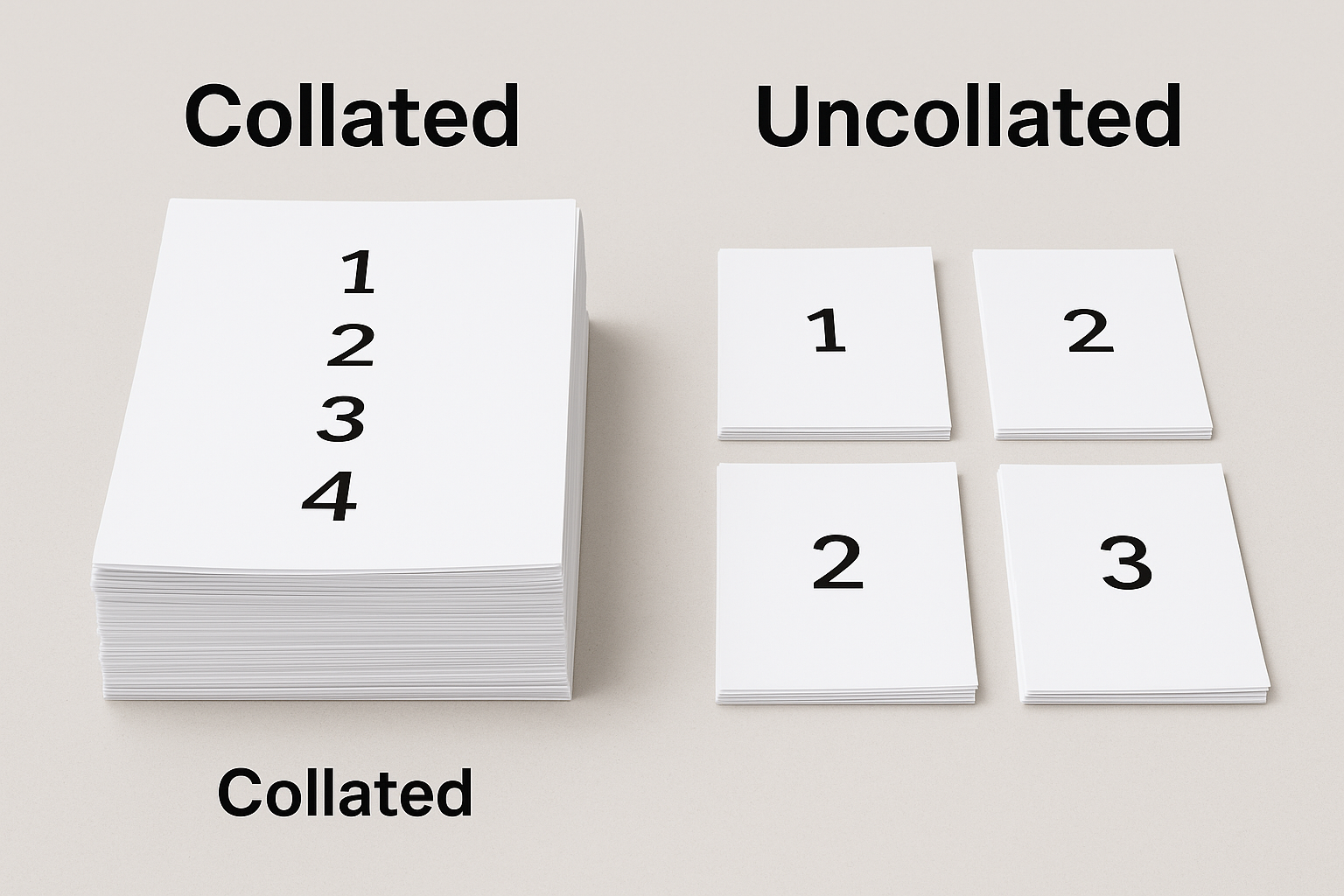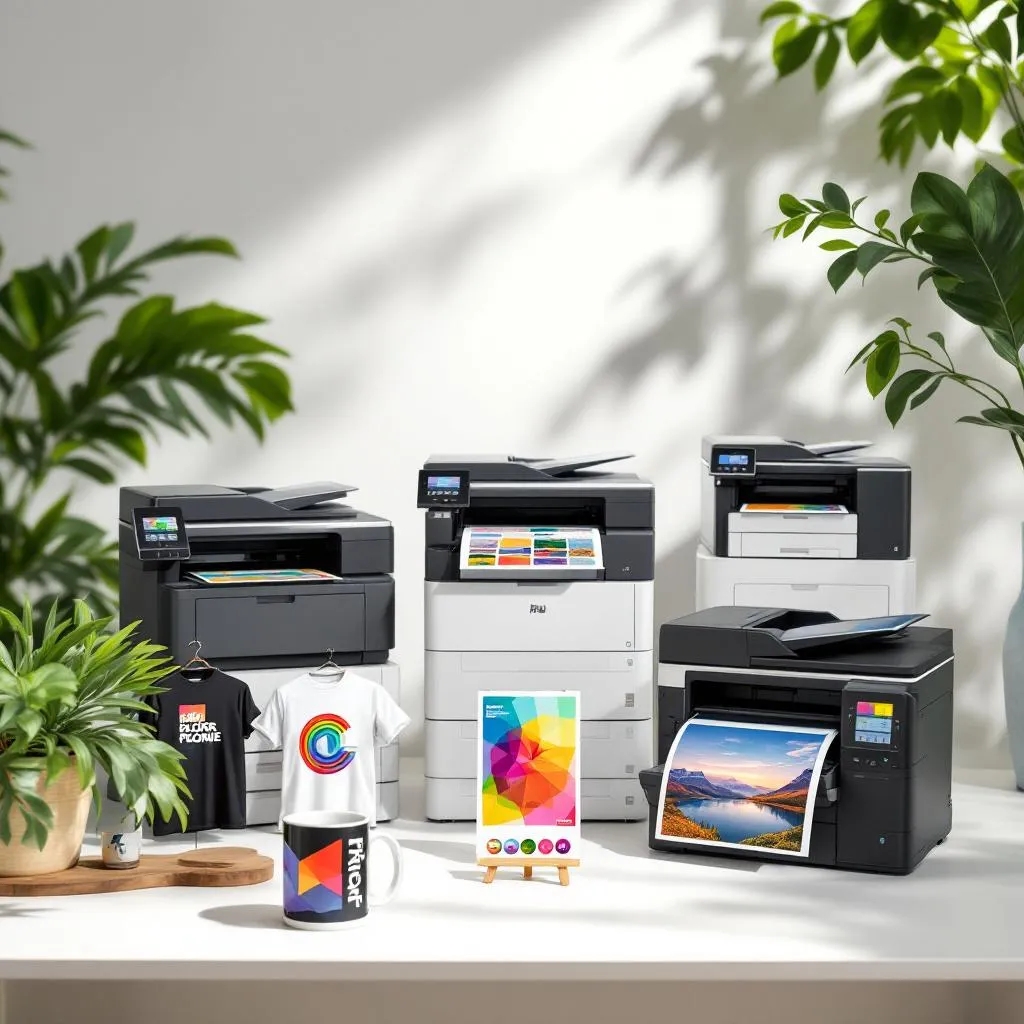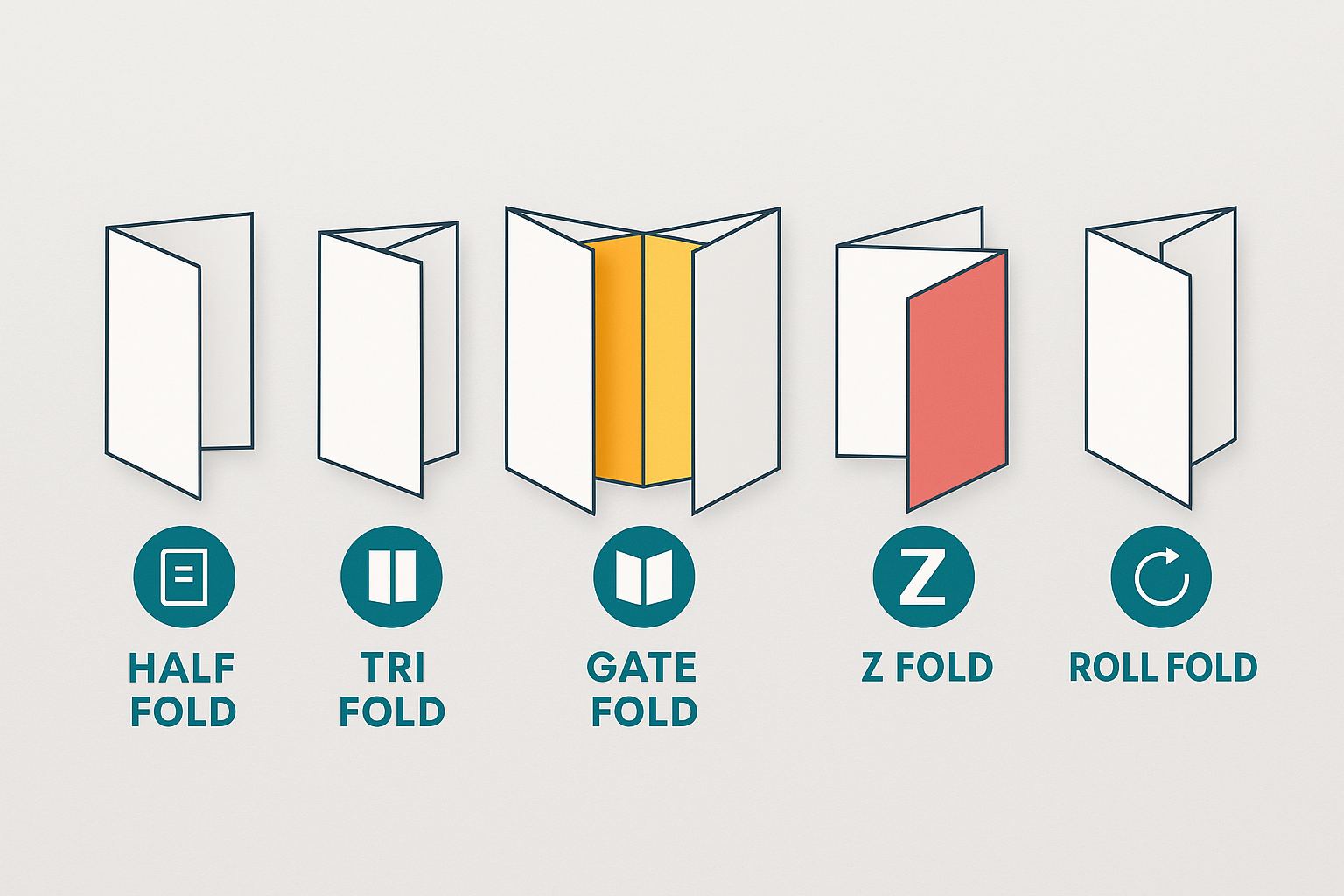Why Business Cards Are Still Important in Today’s Digital Age
Introduction
In an era dominated by digital communication and online networking, the significance of business cards might seem diminished. However, business cards remain a vital tool in professional settings. This article delves into the reasons why business cards are still important in today’s digital age, highlighting their benefits and enduring relevance for networking and personal branding. While it’s easy to assume that digital solutions have replaced traditional methods, the unique advantages offered by business cards continue to make them indispensable for professionals across various industries.
The Historical Significance of Business Cards
Business cards have a rich history dating back to 17th century Europe. Originally used as calling cards by the elite, they evolved into an essential business tool during the Industrial Revolution. Early business cards served as a means of introducing oneself, marking one’s visit, and establishing social status. As commerce and trade expanded, business cards transitioned from a social nicety to a business necessity, facilitating connections and communication among professionals.
Today, business cards symbolize professionalism and personal connection, retaining their status as a cornerstone of business etiquette. They serve as a tangible reminder of a meeting, carrying the weight of history and tradition while adapting to modern needs. The evolution of business cards reflects broader changes in business practices, from personal interactions to branding and marketing strategies.
Tangible vs. Digital: The Unique Advantages of Business Cards
While digital alternatives like LinkedIn and virtual contact apps offer convenience, business cards provide unique advantages. A tangible business card leaves a lasting impression, making personal interactions more memorable. The physical exchange of business cards fosters a personal touch that digital exchanges often lack. This tactile experience can create a more profound connection between individuals, reinforcing the importance of the interaction.
Additionally, business cards do not require technology to be exchanged or viewed. This means they are accessible at all times, regardless of internet connectivity or device availability. In situations where digital devices might be inappropriate or unavailable, a business card provides a reliable means of sharing contact information.
The design and feel of a business card can also convey professionalism and attention to detail. A well-crafted card can reflect the quality of your services and the care you put into your work, aspects that digital contacts cannot easily replicate. This combination of tangible presence and professional representation makes business cards a powerful tool in any professional’s arsenal.

Business Cards and Personal Branding
Business cards are a powerful personal branding tool. A well-designed business card reflects your professional identity and values. Companies like Triboro Printing specialize in creating custom business cards that capture the essence of your brand. This tangible representation of your brand can significantly impact how others perceive you.
Every element of your business card, from the color scheme to the font choice, plays a role in communicating your brand’s message. A cohesive and attractive business card can make you more memorable to potential clients and partners. Moreover, the act of handing someone your business card is a personal gesture that can make a lasting impression.
For instance, the use of high-quality materials and unique designs can set you apart from competitors. Incorporating elements like embossing, special finishes, or innovative shapes can make your card stand out and be more memorable. This strategic use of design and materials helps reinforce your brand’s identity and values, making business cards a critical element of personal branding in a digital age.
Networking Benefits of Business Cards
In networking events and face-to-face meetings, business cards serve as an immediate and effective way to exchange contact information. They facilitate direct communication and help you stand out in a crowded digital landscape. A strategically placed business card can lead to new opportunities and lasting professional relationships.
The physical act of exchanging business cards can also facilitate conversation and make interactions more meaningful. It provides a moment for both parties to pause, acknowledge each other, and establish a connection. This interaction often leaves a stronger impression than a digital exchange.
Business cards are also a convenient way to ensure your contact information is easily accessible. They can be kept in wallets, desks, or business card holders, always ready to be shared at the right moment. Unlike digital contacts that might get lost in a sea of emails or messages, a business card serves as a constant, tangible reminder of your professional connection.
Designing Effective Business Cards for Today’s Market
Creating an effective business card involves careful consideration of design elements. Here are some tips:
- Keep it simple and clean: Avoid clutter and focus on essential information. A minimalist design with clear, legible text ensures that your contact information is easy to read and professional-looking.
- Use high-quality materials: This conveys professionalism and attention to detail. Choosing premium paper stock, special finishes like gloss or matte, and durable materials can enhance the feel and longevity of your card.
- Incorporate your brand elements: Use your logo, brand colors, and fonts to maintain consistency. This helps in reinforcing your brand identity every time someone looks at your card.
- Consider unique shapes and finishes: These can make your card stand out. Die-cut cards, rounded corners, or textured finishes can add a unique touch that makes your card memorable.
Triboro Printing offers various design options, from classic to modern, ensuring your business card makes a strong impact. Their expertise in printing and design can help you create a card that not only looks great but also effectively represents your brand.

Case Studies: Success Stories with Business Cards
Numerous professionals have experienced the benefits of using business cards. For instance, a freelance graphic designer landed a major client after handing out a uniquely designed card at a networking event. The client was impressed by the creativity and quality of the card, which reflected the designer’s skills and attention to detail.
Similarly, a small business owner saw an increase in local clientele after distributing business cards in the community. By leaving cards at local businesses and events, they were able to reach new customers who appreciated the convenience of having contact information readily available.
These success stories underscore the tangible benefits of business cards in generating business opportunities. They demonstrate how a well-designed business card can open doors and create lasting impressions, leading to new partnerships and growth.
Integrating Business Cards with Digital Strategies
Business cards can complement your digital marketing efforts. Including a QR code on your card that links to your LinkedIn profile or website can bridge the gap between physical and digital networking. This integration ensures that your contact information is accessible in multiple formats, enhancing your reach and connectivity.
Moreover, business cards can be used to drive traffic to your online platforms. By including social media handles or promotional codes, you can encourage recipients to engage with your digital content. This synergy between physical and digital marketing strategies can amplify your overall visibility and impact.
Business cards also provide a tangible reminder of your digital presence. While people may forget to follow up on a digital connection, a business card can serve as a physical prompt, reminding them to visit your website or connect with you online.
Conclusion
Despite the rise of digital communication, business cards remain an essential tool in the professional world. Their unique ability to create lasting impressions, enhance personal branding, and facilitate direct communication ensures their continued relevance. Investing in well-designed business cards from reputable sources like Triboro Printing can significantly benefit your professional image and networking efforts.
In conclusion, business cards are more than just a piece of paper; they are a powerful tool for personal branding and professional growth in today’s digital age. By leveraging the advantages of both tangible and digital methods, business cards can help you build stronger connections and expand your professional network.




